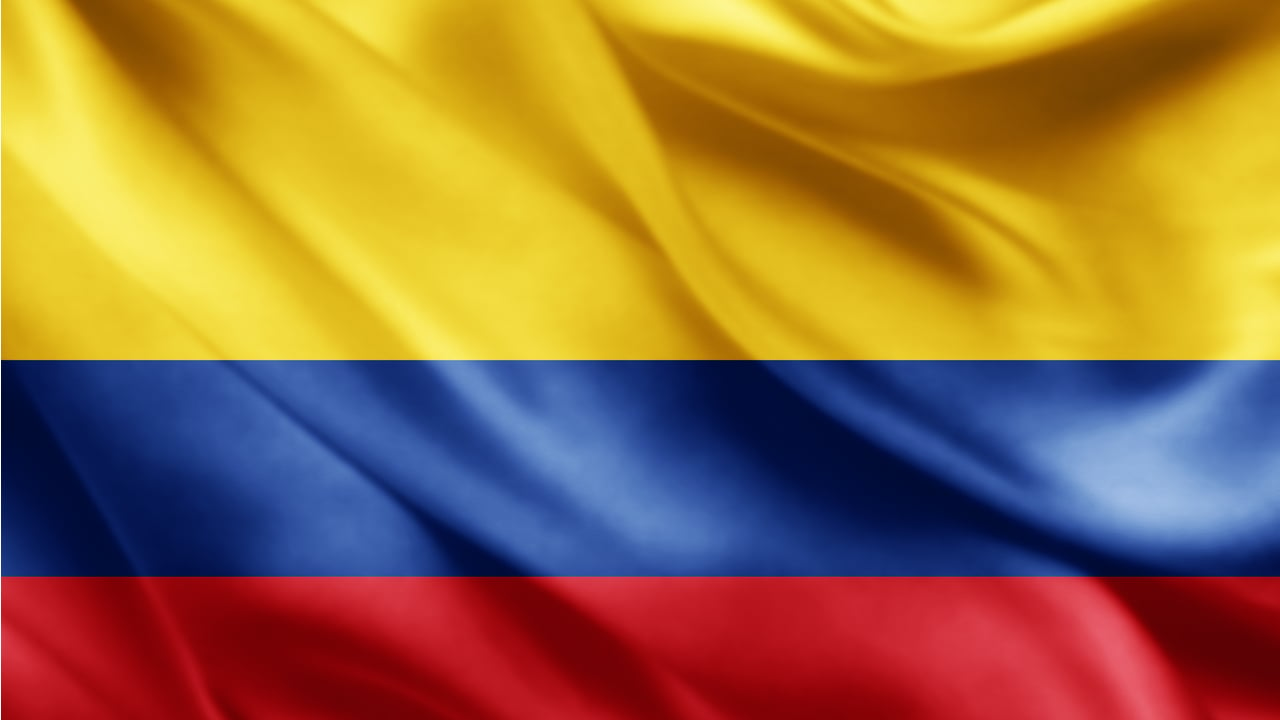 The government of Colombia announced a new system that will allow it to use the Ripple Ledger to store and authenticate property titles. The system, which was developed by a third-party company called Peersyst Technology, aims to allow the National Land Agency to issue a record number of land adjudications for citizens. Colombia to Register […]
The government of Colombia announced a new system that will allow it to use the Ripple Ledger to store and authenticate property titles. The system, which was developed by a third-party company called Peersyst Technology, aims to allow the National Land Agency to issue a record number of land adjudications for citizens. Colombia to Register […]
Payments platform Ripple is inking a new deal with the Colombian government to use the XRP Ledger (XRPL) in the nation’s land registry system. Crypto software development firm Peersyst Technology announced the launch of the first-ever government land registry on top of XRPL. “Thrilled to announce that after a year of development with GobDigitalCO [and] […]
The post Ripple Secures Deal for XRP Ledger To Be Used in Land Registry System by Colombian Government appeared first on The Daily Hodl.

“Virtual currency is pure information and therefore energy,” said Gustavo Petro in 2021, in regard to mining crypto in Colombia.
Gustavo Petro, who recently won the 2022 Colombian presidential election, has previously made statements in favor of cryptocurrencies.
Petro will replace Iván Duque Márquez as the president of Colombia on August 7 for four years after winning the second round of a run-off election on Sunday. The president-elect took to social media in December 2017 shortly after a major bull run to speak on the “strength” of Bitcoin (BTC). Petro hinted at the time that cryptocurrencies like BTC could remove power from government and traditional banks and give it back to the people.
El bitcoin quita poder de emision a los estados y el señoreaje de la moneda a los bancos. Es una moneda comunitaria que se basa en la confianza de quienes realizan transacciones con ella, al tener como base el blockchain, la confianza se mide y crece, de ahí deriva su fortaleza https://t.co/g8cO9WfP0L
— Gustavo Petro (@petrogustavo) December 26, 2017
His running mate, Francia Márquez, who will become the vice president of Colombia, has been largely silent on crypto-related policies. Some of the president-elect’s remarks from 2021 included a response to El Salvador President Nayib Bukele’s idea of building volcano-powered crypto miners in which he suggested that the country use the natural resources of its western coastline to mine crypto.
“Virtual currency is pure information and therefore energy,” said Petro at the time.
With Petro set to take office in August, the politician many have described as "leftist" will join other world leaders who have enacted policies or otherwise spoken in favor of crypto adoption. Bitcoin has been accepted as legal tender in El Salvador since September 2021. In April, Panama’s legislature approved a bill that would have created a regulatory framework for crypto, but President Laurentino Cortizo partially vetoed the measure in June, citing concerns about Anti-Money Laundering, or AML, rules.
Related: Colombia clamps down on crypto tax evasion as adoption thrives
With roughly 52 million people living in Colombia, the South American nation is one most active i crypto trading in the region, according to data compiled by Usefultulips. In February, major Latin American crypto exchange Bitso launched in Colombia as part of an effort to promote adoption and financial inclusion.
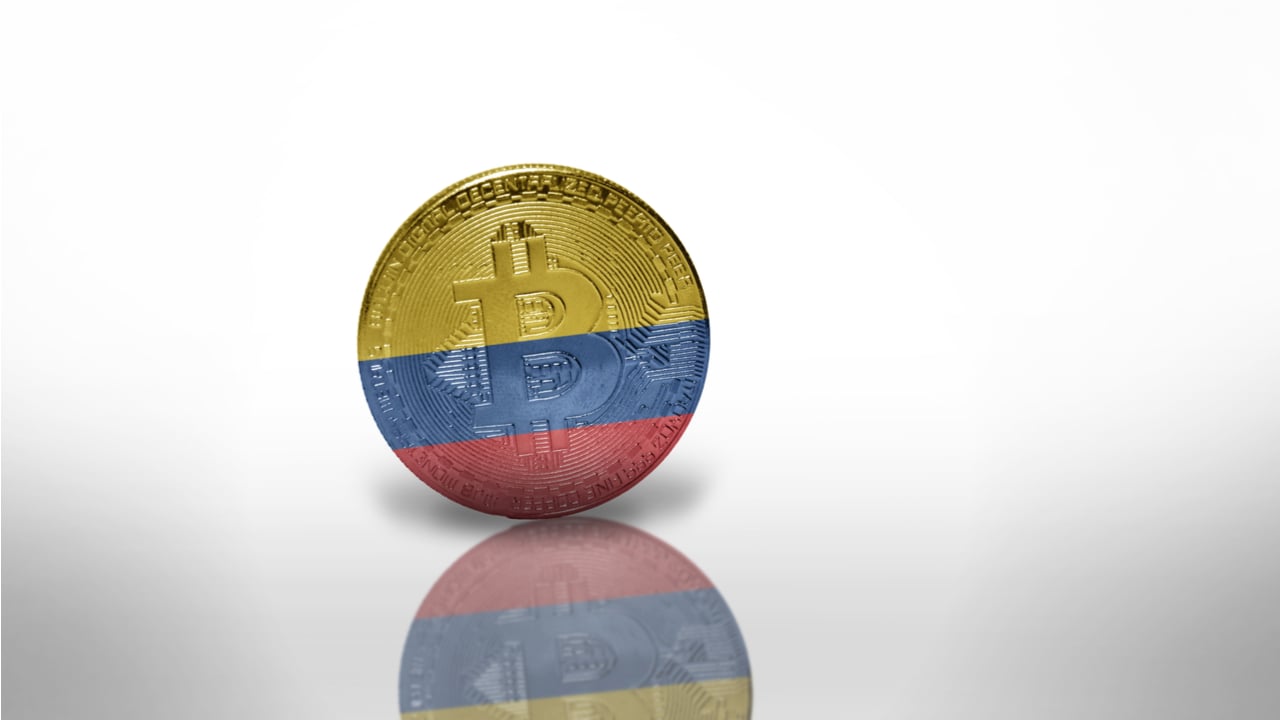 The Colombian Financial Superintendence, the securities and financial watchdog of the country, is working on a document to regulate the transactions and operations made using cryptocurrency assets in the country. The organization announced that it will present the document in the coming weeks, which will issue norms for the treatment of these assets in the […]
The Colombian Financial Superintendence, the securities and financial watchdog of the country, is working on a document to regulate the transactions and operations made using cryptocurrency assets in the country. The organization announced that it will present the document in the coming weeks, which will issue norms for the treatment of these assets in the […]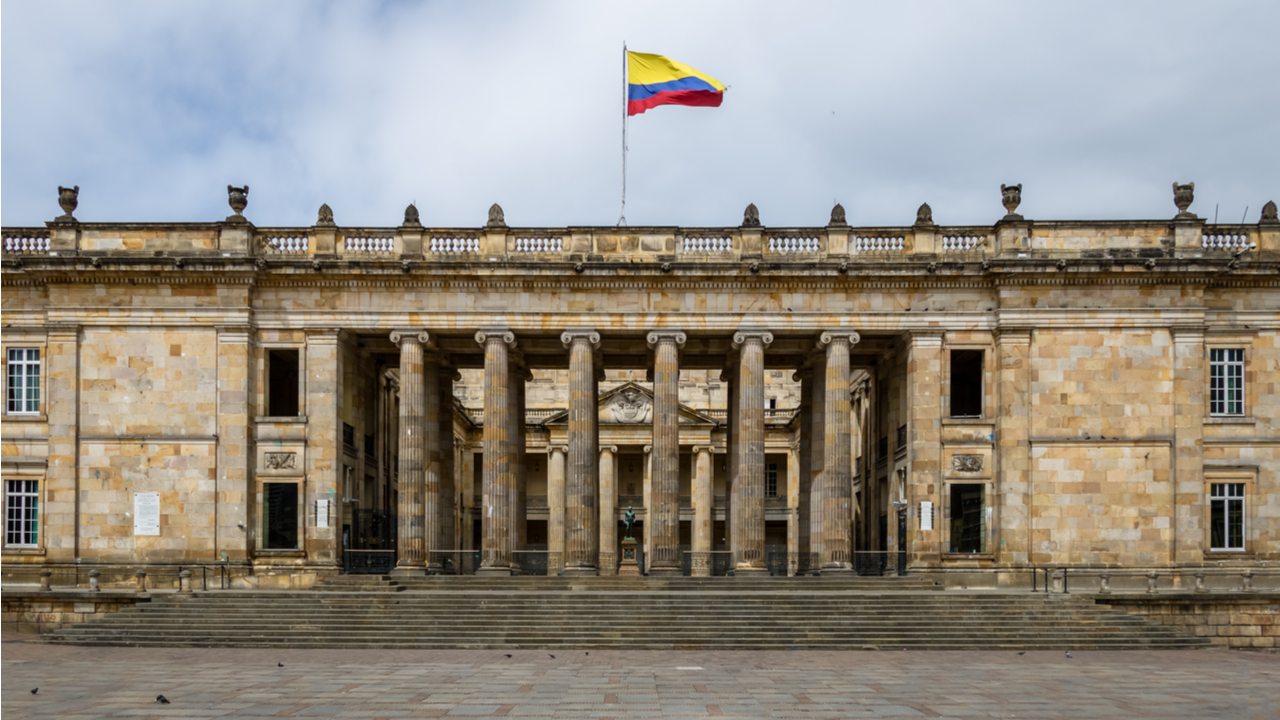 The Congress of Colombia has approved a bill that regulates the behavior of cryptocurrency exchanges in the country in its first discussion, taking the first steps to bring clarity to this issue. One of the creators of the bill, Mauricio Toro, a representative of the Green Party, stated that this bill is needed to protect […]
The Congress of Colombia has approved a bill that regulates the behavior of cryptocurrency exchanges in the country in its first discussion, taking the first steps to bring clarity to this issue. One of the creators of the bill, Mauricio Toro, a representative of the Green Party, stated that this bill is needed to protect […] A new survey has found people’s opinion of the metaverse in emerging countries is significantly more positive than in their developed counterparts. The study, carried out by Ipsos for the World Economic Forum (WEF), also shows that Latam countries are among the most enthusiastic about the future of the metaverse and its applications for different […]
A new survey has found people’s opinion of the metaverse in emerging countries is significantly more positive than in their developed counterparts. The study, carried out by Ipsos for the World Economic Forum (WEF), also shows that Latam countries are among the most enthusiastic about the future of the metaverse and its applications for different […]
The company has partnered with Bitso and Bitpay to allow its users to pay for orders with Bitcoin and other cryptocurrencies.
Rappi, the most popular delivery service in Latin America, is working with Bitso and Bitpay to accept Bitcoin (BTC) and other cryptocurrency payments.
As reported by Cointelegraph Brazil, Rappi is integrating with Bitso and Bitpay through a trial project in Mexico. However, it's unclear whether the pilot plan will also enable access to the service in Brazil and other Latin American countries.
In Mexico, Rappi, a Colombian delivery app with operations in nine Latin American countries, has launched a crypto payments pilot program. Customers will be able to convert crypto into credits that can subsequently be used to complete purchases on Rappi's platform.
— Crypto Goddy (@CryptoGoddy) April 12, 2022
Sebastián Mejia, the co-founder and president of Rappi, noted that cryptocurrencies will not be accepted directly by the app at this first stage. Mexico's Rappi users will be able to pay for credits with cryptocurrencies. They may then use their credits on any items and services available through the app.
However, according to the institution's president, Rappi's plans with cryptocurrencies are much more ambitious. In addition, other integrations should be made public in the future. He noted that:
“In this first phase, we decided to build a product that allows our consumers to connect their digital wallets and exchange accounts to convert cryptocurrencies into Rappi credits and thus access all the products available within the platform."
It is not the first time a major delivery service has incorporated Bitcoin payments. Lieferando, like Rappi, was the first of its kind to accept cryptocurrencies as payment in 2017. Grubhub teamed up with Bitcoin rewards app Lolli to allow hungry consumers to earn cryptocurrency on their orders.
Related: Crypto education can bring financial empowerment to Latin Americans
The Latin America region has been a hotbed of activity for Bitcoin and cryptocurrency adoption. According to a recent study, 75 percent of investors in Asia-Pacific and Latin American emerging markets are seeking to expand their cryptocurrency investments. In September 2021, El Salvador officially became the first nation to recognize Bitcoin as a legal currency.
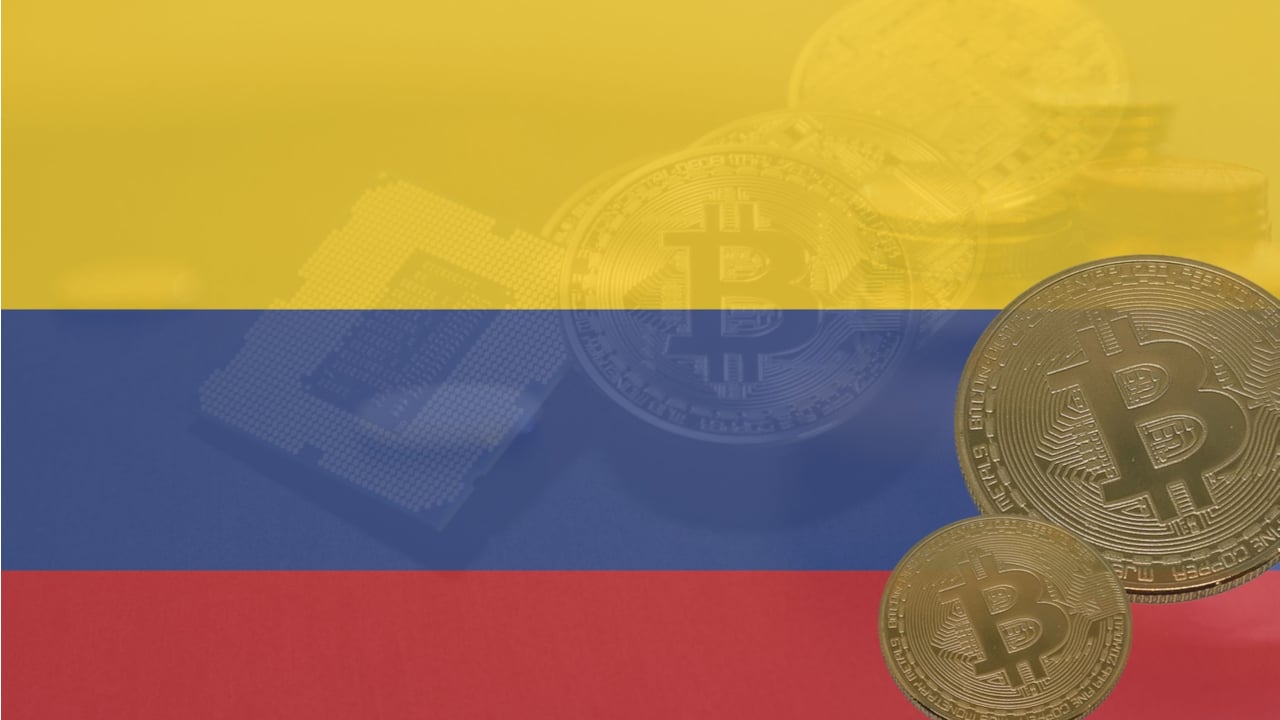 Ripio, an Argentinian cryptocurrency exchange, has announced concrete actions regarding its expansion to Colombia. The company will offer a new option for cryptocurrency users and traders in Colombia, and will also offer a financial education proposal that is yet to be revealed. This launch will crystallize in the following two months with the opening of […]
Ripio, an Argentinian cryptocurrency exchange, has announced concrete actions regarding its expansion to Colombia. The company will offer a new option for cryptocurrency users and traders in Colombia, and will also offer a financial education proposal that is yet to be revealed. This launch will crystallize in the following two months with the opening of […]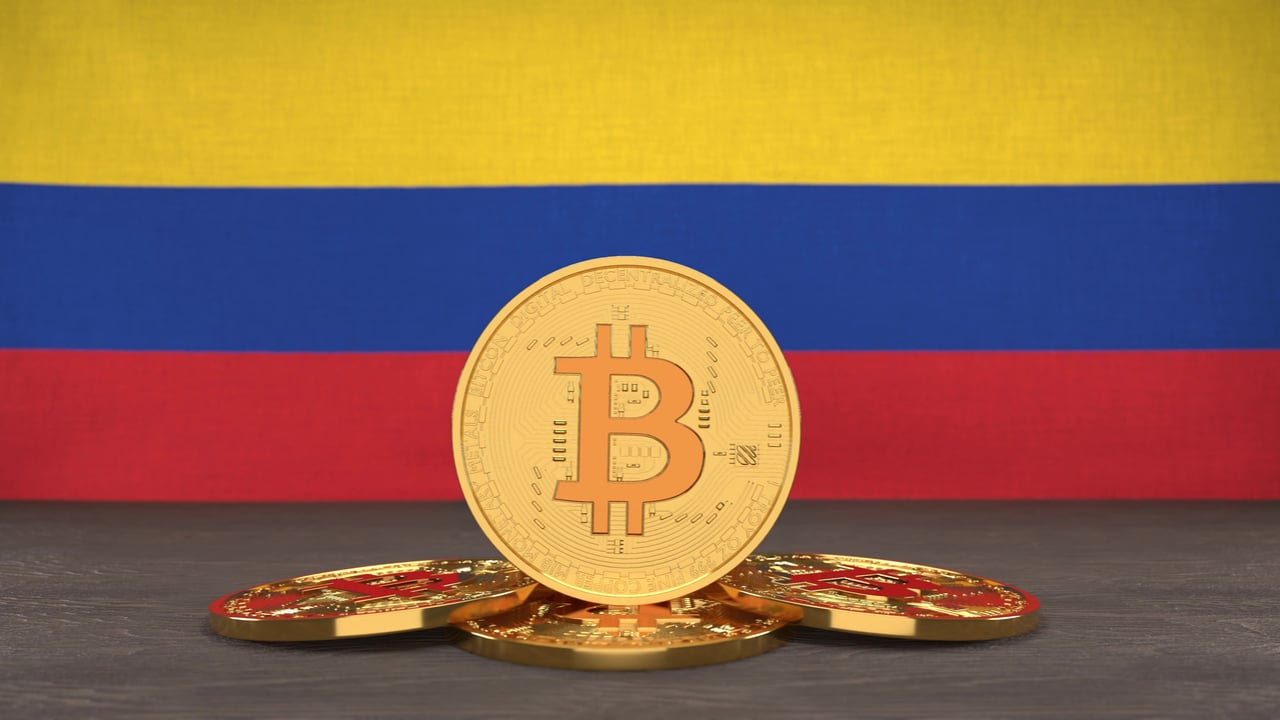 The UIAF, which is the Colombian money laundering watchdog, has postponed the date on which exchanges and individuals must start reporting their transactions to the organization. The institution will now open a consulting period in which companies and individuals can present their thoughts regarding the proposed regulation, which might be modified before its application on […]
The UIAF, which is the Colombian money laundering watchdog, has postponed the date on which exchanges and individuals must start reporting their transactions to the organization. The institution will now open a consulting period in which companies and individuals can present their thoughts regarding the proposed regulation, which might be modified before its application on […]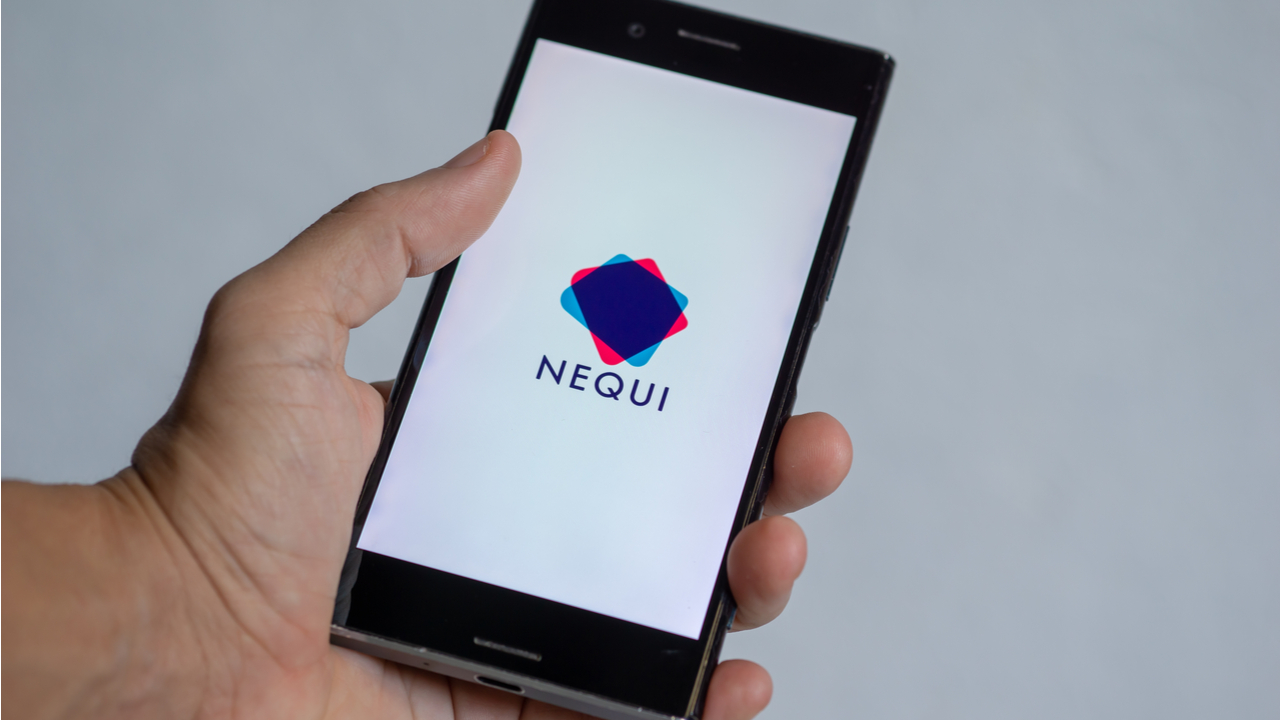 Nequi, a fintech neobank which allowed Colombian citizens to test all-digital financial services, has announced its plans for expansion after having parted ways with Bancolombia, the bank that gave it its origin. These plans include an entry into the cryptocurrency world while complying with the limits set by current regulators. Colombian Nequi to Enter Crypto […]
Nequi, a fintech neobank which allowed Colombian citizens to test all-digital financial services, has announced its plans for expansion after having parted ways with Bancolombia, the bank that gave it its origin. These plans include an entry into the cryptocurrency world while complying with the limits set by current regulators. Colombian Nequi to Enter Crypto […]